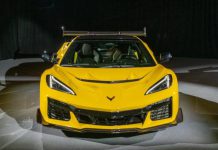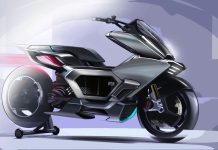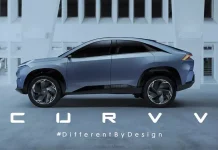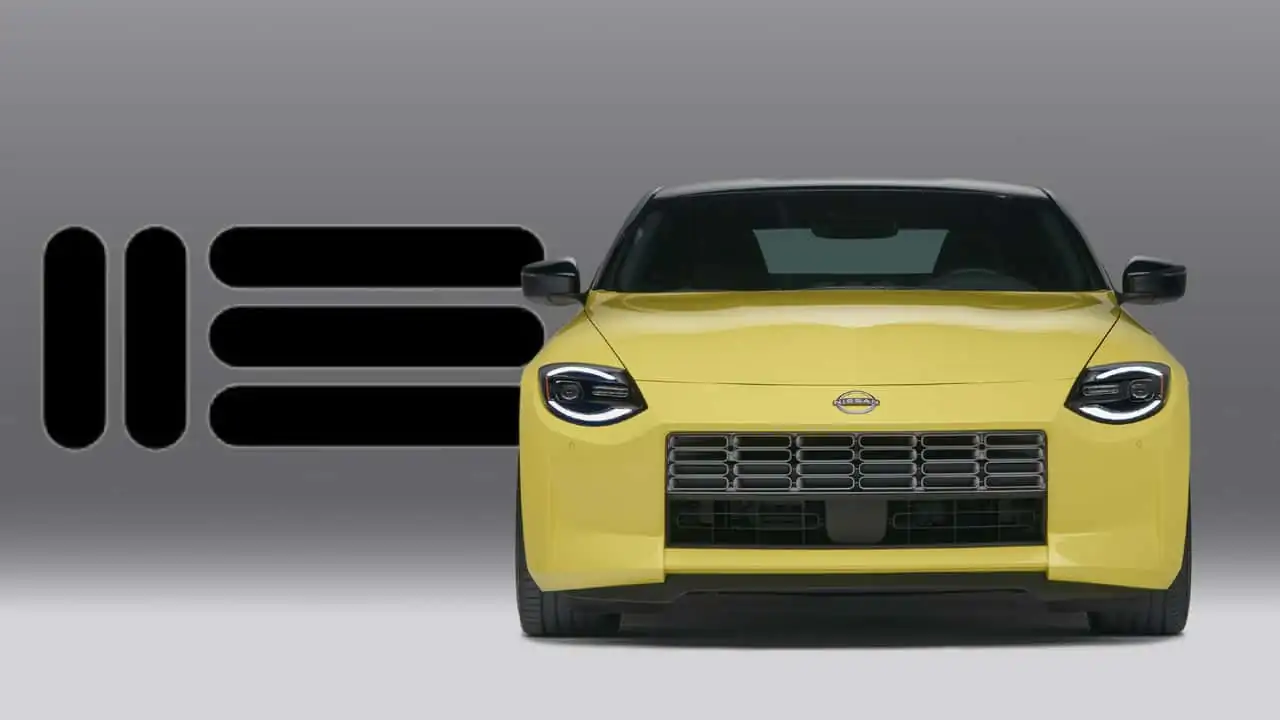Nissan has unveiled an ambitious and comprehensive electric vehicle (EV) strategy outlines their commitment to the EV market and their plans for the coming decade.
Nissan
The strategy entails launching a total of 27 electrified vehicles globally by 2030, with a primary focus on battery-electric models – 19 in total. This indicates a significant pivot towards electric mobility and underscores Nissan’s determination to adapt to the changing automotive landscape.
In North America, a key market for Nissan, they intend to introduce 15 new EVs by 2030. These new offerings will cater to various consumer preferences and needs, showcasing a clear dedication to diversifying their EV portfolio to attract a broad range of customers. The centrepiece of this expansion includes launching the Ariya crossover, a model combines Nissan’s EV expertise with the popularity of crossovers.

EV Strategy
The strategy also features innovation in powertrain technology. Nissan plans to introduce its e-Power series-hybrid technology to the U.S. market about a decade after its debut in Japan. This approach highlights Nissan’s intent to test and refine the technology in its home market before introducing it to a broader international audience. It’s a calculated move allows Nissan to gather real-world data and feedback, potentially leading to an improved product when it reaches the U.S.
Underscoring its commitment to the EV transition, Nissan has earmarked a substantial investment of $17.6 billion in EVs and batteries until 2030. This investment is vital not only for vehicle development but also for the advancement of battery technology, charging infrastructure, and other related components are crucial for a successful and sustainable EV ecosystem.
e-Power series-hybrid technology
Nissan’s aggressive EV goals align with their aim to achieve a 44% EV mix in global sales by fiscal 2026. This projection signifies the company’s recognition of the growing market demand for EVs and its determination to capture a significant share of this expanding market.
Several factors are propelling Nissan’s intensified EV strategy. The global demand for EVs is on the rise, driven by factors like increasing environmental consciousness and government initiatives to reduce carbon emissions.
Emissions regulations
Stricter emissions regulations globally are also pushing automakers to accelerate their EV plans. The declining cost of battery production is a critical enabler, making EVs more affordable for a wider consumer base. Nissan’s belief in the future of transportation being electric further propels its efforts, aligning its vision with the broader trends in the industry.
Key benefits of Nissan’s accelerated EV strategy:
-
Environmental Sustainability: By prioritizing the development and launch of battery-electric vehicles, Nissan contributes to reducing greenhouse gas emissions and air pollution, which helps combat climate change and promotes cleaner air quality in urban areas.
-
Market Leadership: By introducing a diverse range of EVs, Nissan positions itself as a leader in the growing EV market, catering to various customer preferences and needs. This can lead to increased market share and brand recognition.
-
Regulatory Compliance: Stricter emissions regulations imposed by governments worldwide are easier to meet with electric vehicles, helping Nissan avoid fines and penalties associated with non-compliance.
-
Cost Savings for Consumers: As the cost of battery production decreases, electric vehicles become more affordable for consumers. This can lead to savings in fuel costs over the lifetime of the vehicle, as electricity is often cheaper than gasoline.
-
Innovation and Technology: By investing in EV technology, Nissan remains at the forefront of automotive innovation. This can attract tech-savvy consumers and enhance the company’s image as a forward-thinking brand.
Benefits continue
-
Reduced Dependence on Fossil Fuels: EVs reduce the reliance on fossil fuels, promoting energy security and decreasing vulnerability to oil price fluctuations and supply disruptions.
-
Improved Urban Environment: Electric vehicles produce no tailpipe emissions, contributing to better air quality and reduced noise pollution in cities, leading to healthier and more livable urban environments.
-
Job Creation: The expansion of Nissan’s EV lineup and related infrastructure can create job opportunities in manufacturing, research and development, and the charging infrastructure sector.
-
Competitive Edge: A robust EV strategy helps Nissan compete effectively with other automakers that are also increasing their focus on electric mobility. Staying competitive in this evolving market is crucial for long-term success.
-
Positive Public Image: Commitment to sustainability and cleaner transportation aligns with societal values, enhancing Nissan’s reputation and appealing to environmentally conscious consumers.
-
Innovation Spillover: Technological advancements in EVs can lead to spillover effects in other industries, such as energy storage and renewable energy integration, contributing to broader societal benefits.
Conclusion
Nissan’s updated EV strategy is a bold and calculated move positions them as a serious contender in the EV market. The combination of diverse offerings, technological innovation, substantial investment, and a keen understanding of market trends demonstrates Nissan’s commitment to not only surviving but thriving in the evolving automotive landscape. The effectiveness of this strategy will ultimately be determined by its execution, consumer reception, and the dynamic interplay of factors in the global EV market.



































